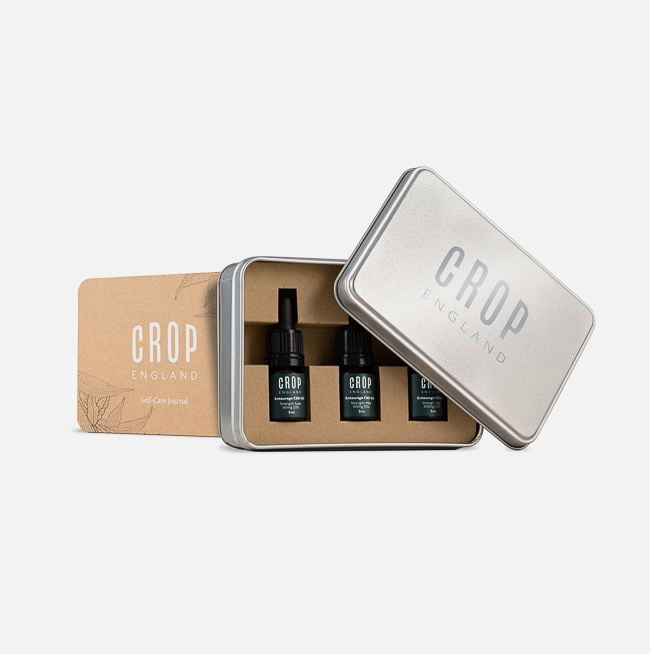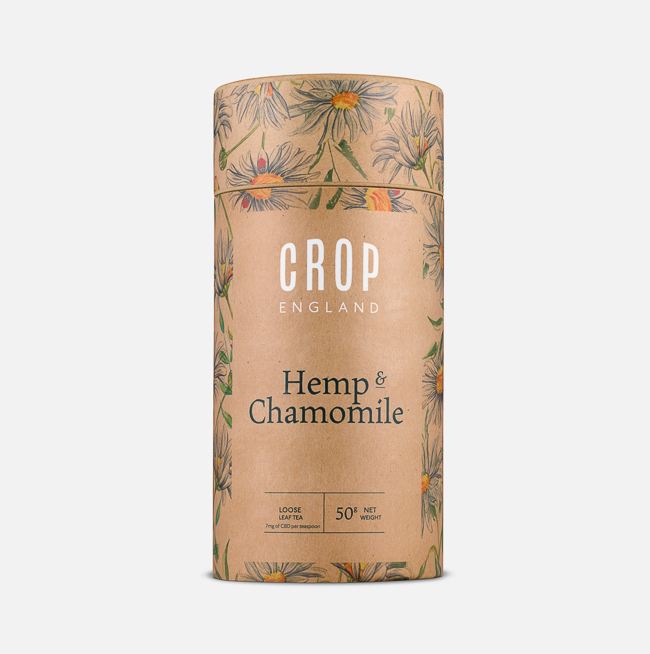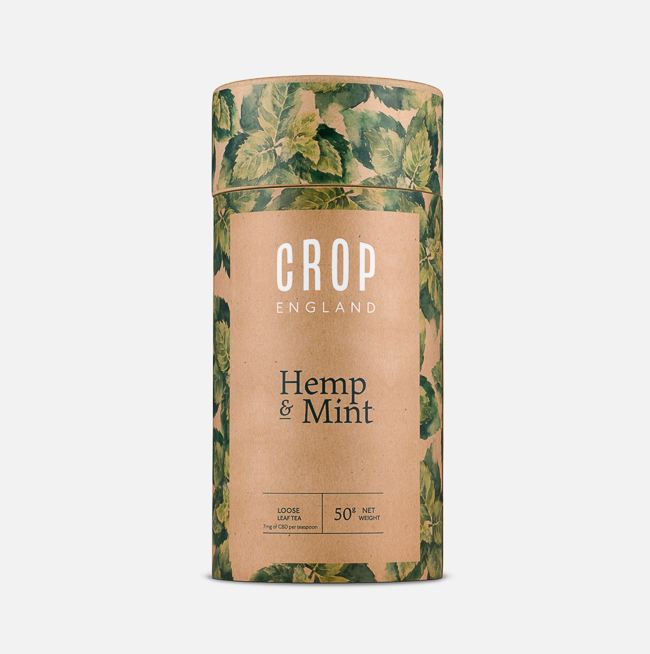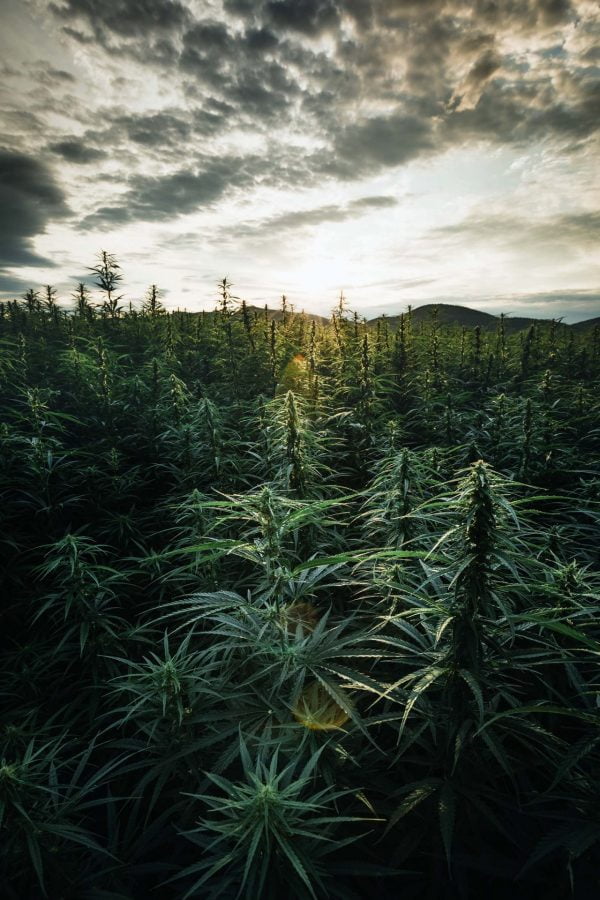Are CBD and hemp legal in the UK?
CBD is completely legal to sell, buy and use in the UK. Though we can see why you might be confused. Much of the complexity surrounding the issue of CBD’s legality (and its safety) originates from the unclear explanations of the terms. Let’s look at these in further detail.
What are the definitions of CBD, Cannabis, Hemp and Marijuana?
What is Cannabis?
Cannabis is the biological name (or genus) for both the hemp and marijuana plant, but they are distinguished by their usage, chemical structure and cultivation. It has three known species: Cannabis Sativa, Cannabis Indica, and Cannabis Ruderalis. As a generic term, it refers to the illicit development of the psychoactive drug that contains the cannabinoid THC, which creates feelings of euphoria and the well-known “high.”
What is Hemp?
Hemp, also called “industrial hemp,” refers to the non-intoxicating (less than 0.3% THC) varieties of the Cannabis Sativa plant. Hemp is one of the world’s oldest domesticated crops, and it’s been used in Britain for centuries for everything from textiles and ropemaking to housebuilding. While the species include only trace amounts of THC, it contains many other cannabinoids, such as CBN, CBG and most famously, CBD. There’s much more on hemp in an article here.
What is Marijuana?
Marijuana is a strain of cannabis made from the dried flowers or leaves of either the Cannabis Indica or Cannabis Sativa species. You’ve likely heard the other common names for this, such as weed and pot. It is illegal in the UK and much of the world, with over half of all drug seizures worldwide being cannabis seizures.
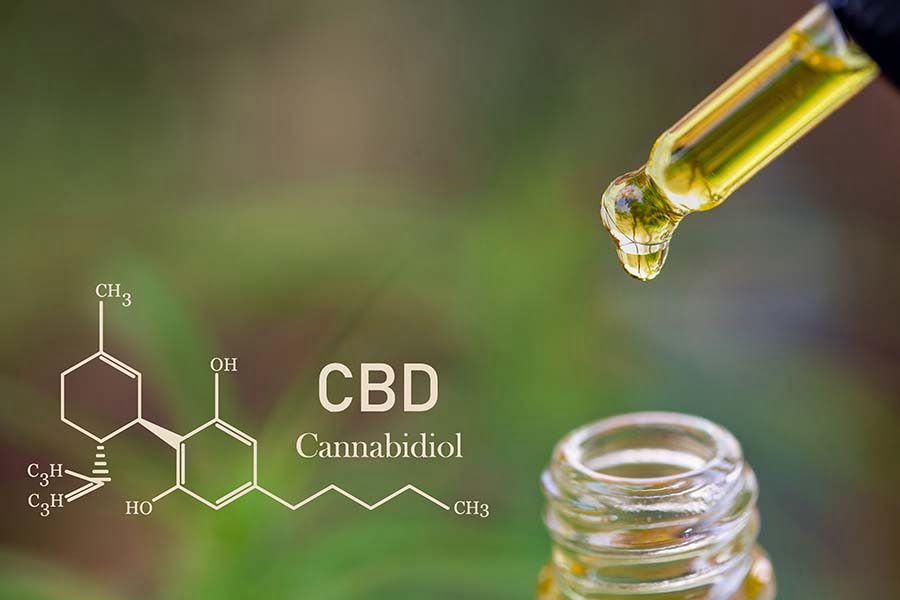
What are Cannabinoids?
Cannabinoids are the hundreds of chemical compounds secreted by cannabis flowers. In the 1980s, scientists discovered that these imitate the compounds our bodies naturally produce (called endocannabinoids), which interact with the body’s endocannabinoid system. As a result, these compounds can influence appetite, mood, and even memory. CBD and THC are the two most well-known cannabinoids. We’ve written extensively on them here.
What is CBD (cannabidiol)?
CBD is the most abundant cannabinoid in the hemp plant. This naturally occurring compound is used in products like oils and edibles to impart a feeling of relaxation and calm. Found within hemp tea, the therapeutic benefits have been celebrated since its partial discovery in China over 5,000 years ago. CBD is not psychoactive and legal for use in the UK.
What is THC (tetrahydrocannabinol)?
THC is the compound in marijuana responsible for the plant’s psychoactive effects, such as increasing appetite, accelerating heartbeat and creating a sense of euphoria. While an abundance of research is currently being undertaken to understand THC’s potential health benefits, it is currently a banned substance worldwide.
Will CBD be legal in the UK in 2022?
Absolutely, CBD isn’t going anywhere. As a member of the EIHA (European Industrial Hemp Association), we can say with some certainty that CBD will continue to be legal in the UK well into the future.
Are all CBD oil products legal?
While CBD products are legal, Cannabis oil (from the marijuana plant) is still illegal to possess, buy or sell in the UK, so always check the ingredients for the THC content (which should be below 0.2%).
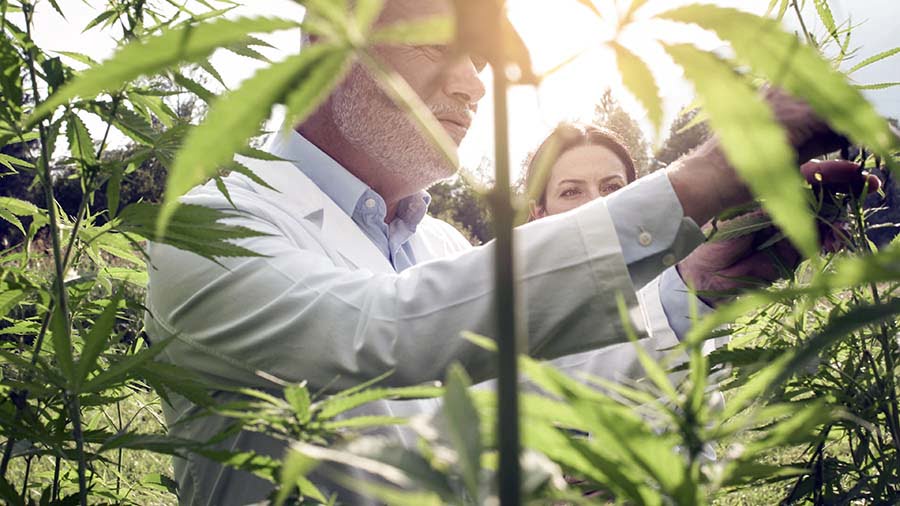
Is CBD Safe?
CBD is safe for most people and its benefits are widely spoken of (for more on this, see our article on The Benefits of a Daily Dose of CBD).
People often associate CBD with the negative connotations of marijuana. The essential thing to recognise is that CBD is known to be safe. As it’s made from the hemp strain, it doesn’t produce any intoxicating effects or cause the so-called “highs” associated with cannabis. In addition, studies have shown that CBD has no addictive properties.
However, CBD can interact with other health products and conditions. We recommend consulting with your doctor or pharmacist for the following:
- Pregnancy or breastfeeding
- Underlying medical issues
- Current use of medications
Are there any potential side effects from CBD?
Considerable research has focused on CBD, and it’s seen as safe for consumption by both the MHRA (Medicines and Healthcare products Regulatory Agency) and the FSA (Food Standards Agency). However, CBD affects us all differently, and there has been anecdotal evidence that suggests it can have some side effects. These reports include:
- Changes in mood and appetite
- Drowsiness
- Feelings of anxiety or other mood changes
- Nausea and dizziness
If you’re new to CBD, we recommend beginning with our CBD Starter Kits to find the right concentration and dosage for you. In the kit, we provide a CBD journal which is perfect for recording the changes you feel and reducing the chance of receiving any adverse influences.
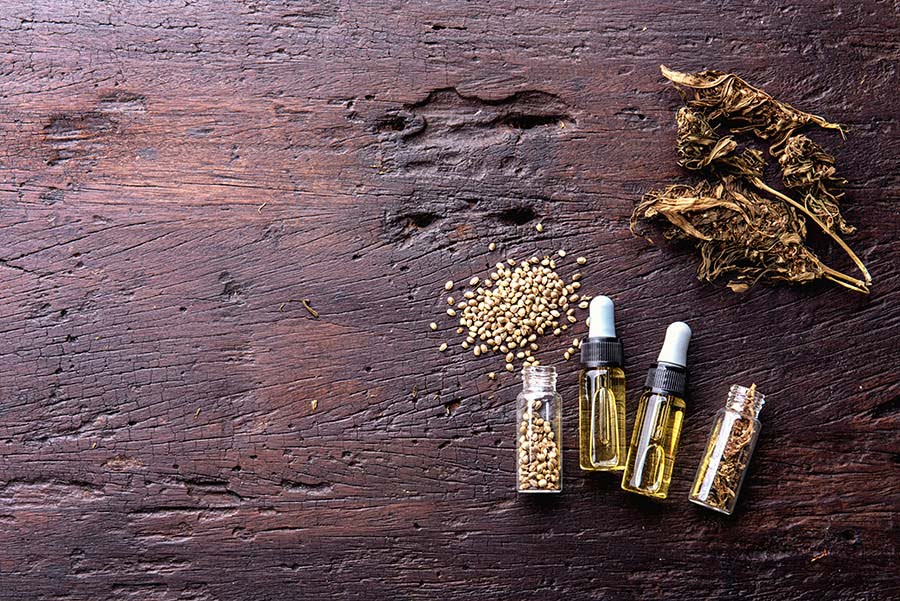
Can you sell CBD?
Whilst many of the cannabinoids of the cannabis plant are controlled substances under the Misuse of Drugs Act, CBD is not included on this list. However, you need to be either a licensed medical distributor or offer CBD as a nutritional supplement (also known as a “novel food”) to sell CBD oil in the UK. At Crop England (you’ll be happy to know), we fall into the latter category.
CBD & novel foods
The novel foods regulation pertains to the entire CBD industry. It states that any novel food that was not consumed by humans before 1997 is regarded as “novel”.
The European Food Standards Agency (FSA) classified CBD as a “novel food” in February 2019. This designation means that safety studies are required for each CBD product sold to the EU to prove it’s both safe and fit for human consumption. An essential part of this approval includes detailed safety studies and certificates of analysis.
What are the regulations surrounding CBD oils in the UK?
Today, a range of CBD products are sold in the UK. However, there are regulations guidelines for manufacturers to follow. They include:
- CBD content and concentrations must be explicitly labelled.
- All manufacturer details and ingredients must be clearly listed on the packaging.
- No medical or clinical claims must be made about the product.
What is the legal future of CBD in 2022?
As we move towards 2022, the UK’s CBD industry possibilities are growing as demand increases among British consumers to try CBD products. The expansion of the CBD sector in the UK will likely mean more changes in rules related to CBD, and we’re excited to see a more regulated market with less deceptive health claims and a focus on higher-quality produce.
References for this article
- World Health Organisation: Health and Substance Use. https://www.who.int/teams/mental-health-and-substance-use/alcohol-drugs-and-addictive-behaviours/drugs-psychoactive/cannabis. Published: 22 January, 2021.
- Home Office: Factsheet Cannabis, CBD & Cannabinoids. https://assets.publishing.service.gov.uk/government/uploads/system/uploads/attachment_data/file/825872/factsheet-cannabis-cbd-and-cannabinoids-2019.pdf Published: 21 November 2019
- Harvard Health Publishing: CBD and Other Medications. https://www.health.harvard.edu/blog/cbd-and-other-medications-proceed-with-caution-2021011121743. Katsiaryna Bykov, PharmD, ScD, Published: 11 January, 2021
- Business Matters: CBD Oil UK Law – The latest https://www.bmmagazine.co.uk/business/cbd-oil-uk-law-the-latest-news/. Published 22 July, 2018.
- Open Access Government: CBD in the UK https://www.openaccessgovernment.org/cbd-in-the-uk/94683/ Published: 21 September, 2020
- European Commission: Novel food & Food Safety. https://ec.europa.eu/food/safety/novel_food_en. Published: 17 October, 2016.
- CMC: Report CBD in the UK – Executive Summary https://irp-cdn.multiscreensite.com/51b75a3b/files/uploaded/Report%20%7C%20CBD%20in%20the%20UK%20-%20Exec%20Summary.pdf. Published 19 June 2019
